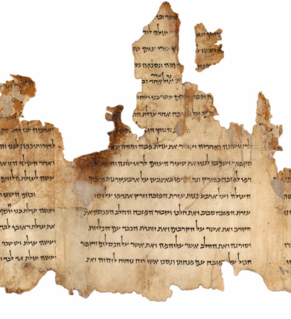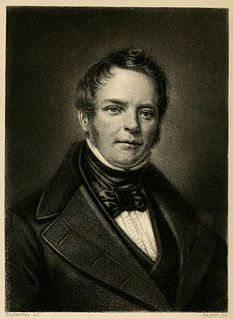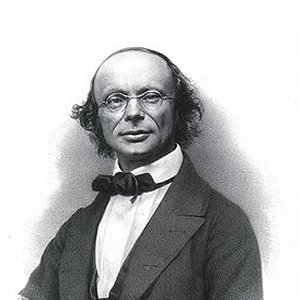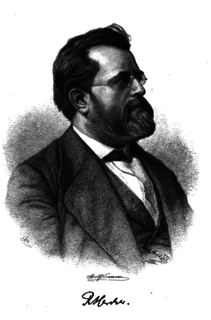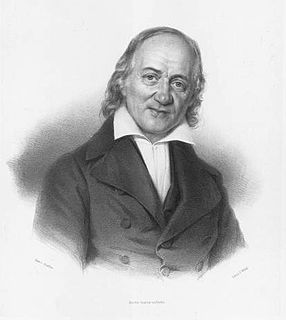Friedrich Gottlob Uhlemann (26 November 1792 in Zeitz – 19 April 1864) was a German Protestant theologian and educator best known as the author of orientalist grammatical works.

Zeitz is a town in the Burgenlandkreis district, in Saxony-Anhalt, Germany. It is situated on the river White Elster, in the triangle of the federal states Saxony-Anhalt, Thuringia and Saxony.

Oriental studies is the academic field of study that embraces Near Eastern and Far Eastern societies and cultures, languages, peoples, history and archaeology; in recent years the subject has often been turned into the newer terms of Middle Eastern studies and Asian studies. Traditional Oriental studies in Europe is today generally focused on the discipline of Islamic studies, while the study of China, especially traditional China, is often called Sinology. The study of East Asia in general, especially in the United States, is often called East Asian studies, while the study of Israel and Jews are called Israel studies and Jewish studies respectively, although they are often considered the same field.
In linguistics, grammar is the set of structural rules governing the composition of clauses, phrases, and words in any given natural language. The term refers also to the study of such rules, and this field includes phonology, morphology, and syntax, often complemented by phonetics, semantics, and pragmatics.
In 1815 he received his PhD from the University of Leipzig, where he was a student of Ernst Friedrich Karl Rosenmüller. Following graduation he worked for several years as a private tutor to the family of Friedrich Graf Kleist von Nollendorf. From 1822 up until his death in 1864 he was a teacher at the Friedrich Wilhelm Gymnasium in Berlin. Concurrently, he passed his habilitation for theology at the University of Berlin (1823), where in 1835 he was named an associate professor of theology. In 1839 he received an honorary doctorate in theology from the University of Leipzig. [1]
Ernst Friedrich Karl Rosenmüller was a German Orientalist and Protestant theologian.
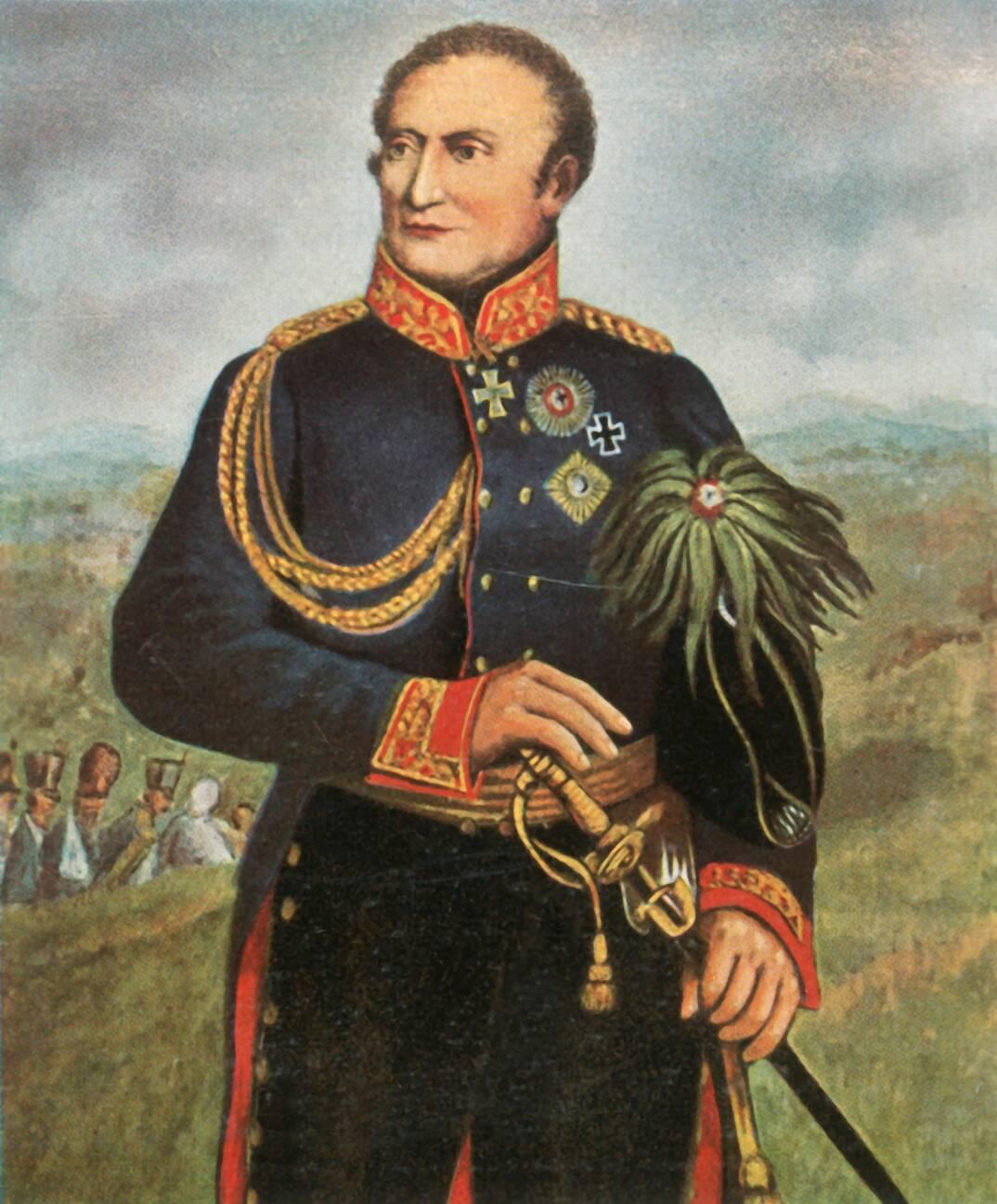
Friedrich Emil Ferdinand Heinrich Graf Kleist von Nollendorf, born and died in Berlin, was a Prussian field marshal and a member of the old junker family von Kleist.
The Friedrich Wilhelm Gymnasium was a secondary school (gymnasium) in Berlin that existed from 1797 until the end of the Second World War.

